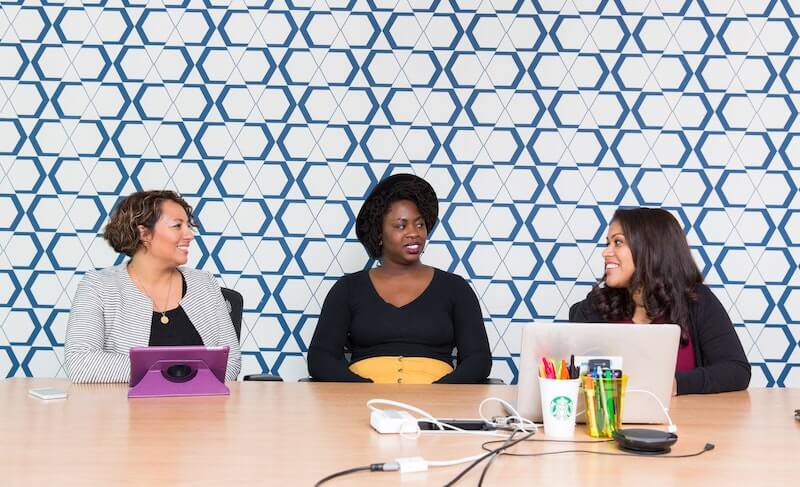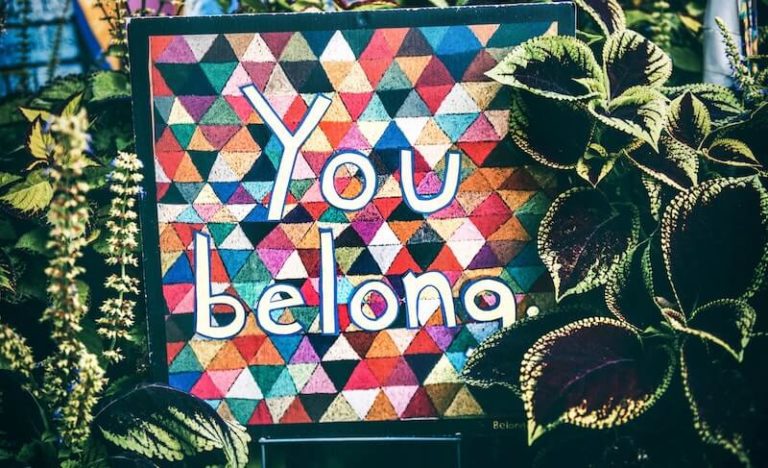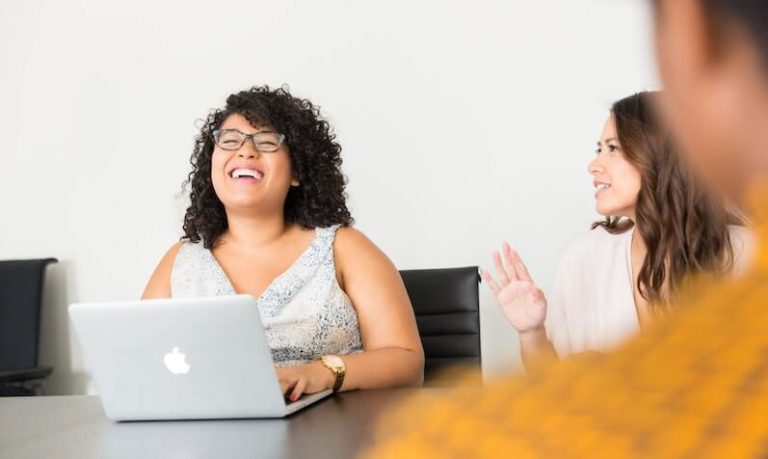
Contents
“Ladies, put down your lipstick, there’s work to do.”
“I just assumed you slept with [the CEO] to get here.”
“Why haven’t you had children yet?”
All real things that have been said to me in the workplace.
Thankfully, these examples are many years old, and brushes with overt sexism in a professional setting are, for me, few and far between these days (although, not gone entirely).
Still, when reflecting on my own career path, I can’t help but wonder… are things actually improving for women at work?
Sadly, there is little evidence to support that gender bias is decreasing in the workplace. It’s been more than 5 years since the start of the #MeToo movement, and it’s clear that there is still much improvement needed in both workplace conduct and in the organizational structures that continue to disproportionately benefit men more than women.
And of course, the pandemic has had a significant impact on both.
Data indicates gender bias has not significantly decreased
In terms of the systemic barriers women face in the workplace, many of the gains that were made pre-pandemic in terms of closing the gender pay gap and reaching equity in career advancement have been lost, stalled, or slowed over the last 3 years.
According to the McKinsey “Women in the Workplace 2022” report, women are still given fewer promotion opportunities than men. For every 100 men who are promoted from entry-level positions into management roles, only 87 women are promoted. And for women of color, that number drops to 82.
KPMG’s 2022 DEI Progress survey similarly found that, across the 300 companies surveyed, over the past two and a half years, there has been only a four-percentage-point increase in women among the leadership ranks and a seven-percentage-point increase across the workforce. A significant slowing in the progress toward gender equity.
So what about workplace conduct? Not much improvement there either.
Statistics from the Equal Employment Opportunity Commission (EEOC) suggest that instances and severity of workplace sexual harassment have not changed significantly in the last five years. While there appears to be a reduction – perhaps due to an increase in home working – during the height of the pandemic, there are numerous research pieces to suggest that this initial downward trend did not continue. The EEOC has not released their FY 2022 report, but it will be interesting to see if those numbers reflect the same uptick.
In addition, the earlier McKinsey study suggests that one of the main three reasons that women leaders reported leaving roles in 2022 is that they experienced microaggressions that undermine their authority and signal that it will be harder for them to advance.
Finding solidarity and challenging bias
For me, there are likely a myriad of reasons why my personal experiences with bias and harassment have declined. My particular working environment, the subsection of the tech industry within which I work. Or maybe the increased privilege that comes with age is playing a factor.
However, in my professional network, I have been having an increasing number of conversations with women about their experiences with bias, microaggressions, and harassment at work. Sometimes in these conversations, the woman is looking for advice. Usually, they are simply looking to unburden, be heard, vent their frustrations, or find solidarity in a shared experience.
It got me thinking about the importance of sharing our experiences of bias and discrimination. Not only to pick each other up and provide support and community when needed, but also to provide an opportunity for us to learn from each other and just do better.
All of us.
We all harbor biases, and this is a good time to remember that women can have unconscious bias against women, too. But unconscious bias does not mean conscious prejudice. And biases are learned behaviors which can be unlearned.
We’re each products of our own unique upbringing, education, and work, social, and home environments. Unlearning deep social conditioning requires education, self-awareness, and a conscious effort.
And so, in thinking about this year’s International Women’s Day thematic call to “Embrace Equity”, I find myself reflecting on the need for continued education.
The relationship between education and equity
It’s hard to unlearn learned behavior without new teaching. We can’t “embrace equity” without knowing what to turn our backs on. For instance, what do we mean by “equity”? (this is a helpful piece on the International Women’s Day website explaining equality versus equity). And where are we currently going wrong?
This is not to suggest that victims of gender bias, discrimination, and sexual harassment have a responsibility to educate perpetrators (I’m not going full lean in here). Rather, it’s a call for greater empowerment of women to call out bias when they see it, and a normalization of talking about the many seemingly “innocent” habits and behavior that actually result in belittling, undermining, excluding, or creating obstacles to women in the workplace.
And I mean openly talking about them. Not just woman-to-woman in hushed tones over coffee.
Taking these concepts out of the abstract and into the real, lived experiences can only help with education for all.
Of course, I recognize that it takes courage and privilege to do so, and this is where we need male allies and advocates to step in when that privilege is missing. Also, none of this negates the need for organizations to create safe spaces and opportunities to learn and improve. The relationship between education and equity is about an and, not an or. Through education about equity, can we hold both the discomfort inherent in discussing our experiences openly, and create safer spaces, and recognize a process of unlearning?
My belief is that most people mean well. Most people would want to do better. And we are all capable of mitigating our own biases.
Our stories are our strengths
So what has this got to do with our Inspirational Women in Local Government series?
I confess, this wasn’t the topic I had initially planned to write about this year in the lead up to this series. Instead, my intent was to explore some of the conversations and insights we have had as a company in order to make strides toward gender equity.
But instead of writing about our educational journey at Envisio, I find myself drawn back to personal experiences. Perhaps that’s fitting. This series is, after all, a celebration of individuals, their accomplishments, and their own unique journeys as professional women.
And it is a celebration. Truly.
Every year, we choose five amazing women who we have the privilege of working with in local government. These are women who are driving positive change in their organizations by championing greater organizational trust and transparency, higher performance, and better service for their communities.
We know that local government is one of the industries where women are significantly underrepresented in top leadership roles (although, there have been modest improvements over the last 4 years in the appointment of female top officials).
However, it remains the case that the majority of the people we work with in local government who are championing new strategic initiatives, higher performance, and organizational innovation, are women. It’s the reason we created this series in the first place.
So this year, as we highlight and celebrate these inspirational women, we’ve also asked them to do the difficult thing of sharing some of their own experiences of gender bias in the workplace.
To get us started, here are a few more of mine from over the years:
- Being told by a male peer that “we need to talk about your personal branding” after I wore my hair in bunches to the office.
- Having a colleague bargain with another vendor at a tradeshow for free merchandise in exchange for an introduction to me and encouraging me to go on a date.
- Being told I was “too emotional” when making a legitimate argument with passion and tenacity.
- Listening to a team member refer to women in the workplace as “chicks”.
- Asking interview questions of candidates, only to have the answers directed to my male colleagues on interviewing panels.
- And being interrupted… A lot.
As always, our hope over the next week is to not only celebrate the accomplishments of 5 amazing women, but to inspire and, yes, educate by sharing some of their wisdom.
Happy International Women’s Day and Women’s History Month!





